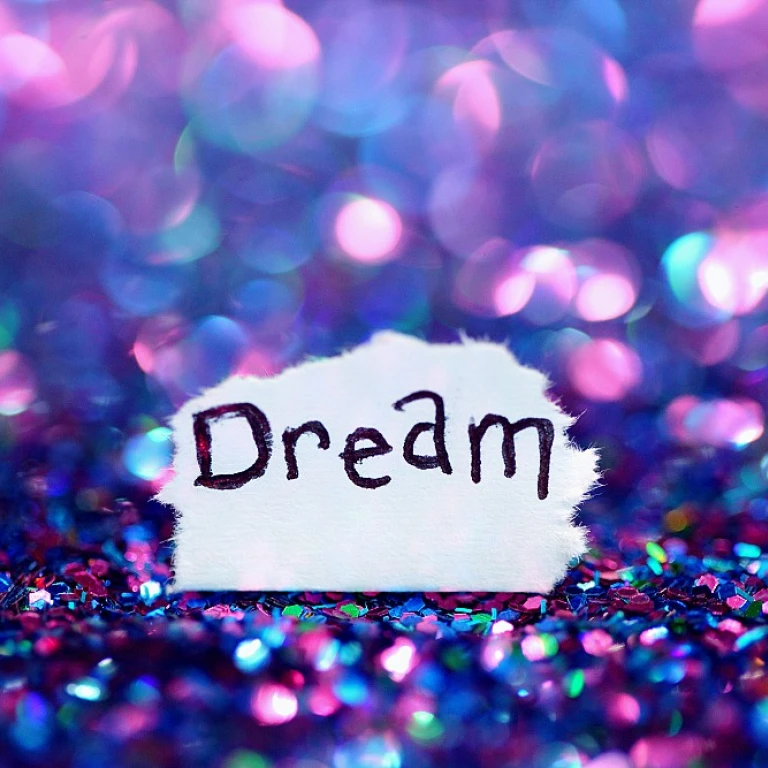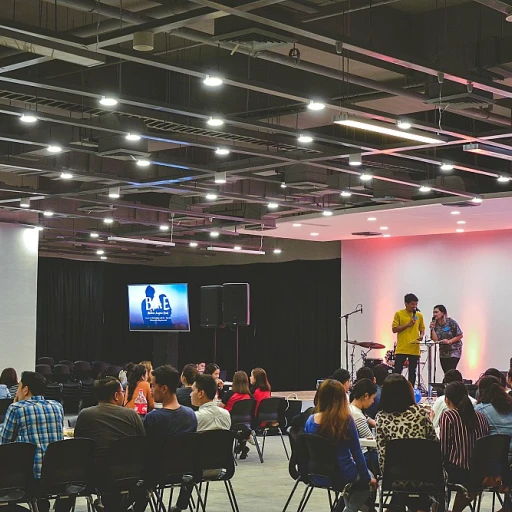
Defining Awards and Rewards
Clarifying the Concepts of Awards and Rewards in Workplaces
Navigating the world of awards and rewards in the business environment can be challenging, particularly for those new to employee recognition programs or learning English. While the two terms are often used interchangeably, there are distinct differences between them, each serving unique purposes and influencing employee behavior in various ways. Awards typically signify formal acknowledgment of accomplishments or achievements, showcasing an individual's or a team's hard work. These are usually event-driven and can be part of a broader recognition strategy within a company. For example, the "Employee of the Month" award is a widespread practice that highlights outstanding performance among colleagues. On the other hand, rewards are often tied directly to performance, serving as tangible incentives that encourage positive behavior and the achievement of specific goals. They can range from bonuses and gifts to additional time off, offering a direct and immediate benefit to employees. Rewards thus align closely with individual achievements and contributions, providing a more spontaneous form of recognition. Understanding this difference can guide organizations in crafting effective recognition programs that suit their unique needs. Between awards and rewards, companies can motivate employees, improve engagement, and foster an environment of mutual respect and achievement. For more insights into the nuances of these approaches, consider exploring our detailed resource on unlocking the benefits of rise rewards for high potential employees here.The Role of Awards in Employee Motivation
The Power of Awards in Motivating the Workforce
Understanding the functional role of awards in an organization is pivotal. Unlike rewards, awards are often given in recognition of specific achievements, milestones, or outstanding performance over a length of time. They are pivotal in enhancing employee motivation. When employees are recognized through awards for their achievements, it positively influences their behavior and work ethic.- Enhance Employee Recognition: Awards serve as a public acknowledgment of employee excellence. It fosters a culture of appreciation, boosting morale and motivating individuals to maintain high standards.
- Drive Engagement: An award can significantly increase an employee's engagement level by making them feel valued and appreciated. This heightened engagement often results in improved productivity and loyalty to the organization.
- Boost Performance and Goal Alignment: By presenting awards, employers can align individual goals with organizational objectives, steering employees towards achieving strategic targets. For example, designating an "Employee of the Month" is a way to recognize those who go above and beyond, encouraging others to follow suit.
- Promote Positive Team Behavior: Awards not only reward individual accomplishments but also acknowledge team efforts. This is crucial in fostering collaboration and teamwork within the organization.
How Rewards Influence Employee Performance
Rewards and Their Impact on Employee Productivity
The distinction between award and reward might seem subtle to many, but it's a critical one, especially when considering how rewards influence employee performance. In the realm of employee motivation and productivity, rewards play a pivotal role. They serve as an act of recognition that directly impacts the encouragement of individuals and teams.
When considering individual achievement, rewards act as tangible acknowledgments of hard work and can inspire positive behavior. Here’s how rewards can effectively influence employee performance:
- Reinforces Desired Behavior: Rewards make employees feel valued, reinforcing behaviors that align with company goals. This drives high-potential employees to go the extra mile and strive for excellence in their work.
- Enhances Engagement: Employees who feel appreciated are more likely to remain engaged and committed to their roles. Engaged individuals are often more productive and contribute positively to the team’s overall success.
- Facilitates Goal Alignment: Rewards tied to specific achievements can align employees with organizational objectives. This helps staff understand how their work contributes to broader company milestones.
- Boosts Morale and Motivation: Recognition through rewards boosts employee morale, which directly influences motivation and, in turn, productivity. When employees know their efforts are acknowledged, they are motivated to maintain or improve their performance.
By consistently linking rewards to a sense of achievement, employers can cultivate an environment where employees are not just working for a paycheck but are motivated by a deeper sense of purpose and recognition.
Awards vs. Rewards: Impact on High Potential Employees
Understanding the Influence on High-Performing Individuals
When delving into the differences between awards and rewards, high potential employees—those who consistently demonstrate exceptional skills and potential for growth—are particularly impacted by these forms of recognition. The difference between awards and rewards becomes crucial for understanding how these elements influence their work and motivation. High potential employees value recognition as a testament to their hard work and ability to achieve goals. Awards, in particular, serve as public acknowledgments of their achievements, encouraging a positive behavior and reinforcing their role within the organization. An award can boost their prestige both within the team and across the broader company, fostering an environment where high performers are celebrated. Rewards, on the other hand, are often more private and can be tied directly to performance metrics or achievement milestones. Offering a reward can strengthen the individual’s drive to reach their targets, as they see tangible benefits to their efforts. Furthermore, rewards can serve as a free-form method of expressing appreciation when performance surpasses expectations. Awards and rewards collectively enhance the intrinsic motivation of high potential employees by aligning recognition achievement with their personal and professional objectives. However, understanding the subtle differences between these recognition tools is crucial. Awards may cater more to individuals or teams that thrive on recognition in a public setting, whereas rewards are often more personal and incentivizing on a one-to-one basis. The impact of these two mechanisms on high potential employees lies in their potential to encourage ongoing engagement and exceptional performance. By distinguishing the role of awards and rewards, organizations can tailor their recognition strategy to effectively nurture their talent pool, ensuring that high-potential employees feel valued and motivated to maintain their high standards of work.Best Practices for Implementing Awards and Rewards
Implementing Recognition Programs Effectively
When it comes to motivating employees, distinguishing between awards and rewards is crucial. A thoughtful implementation can significantly impact employee recognition and satisfaction. Both can drive increased performance, but achieving the optimal effect requires careful planning.- Identify Clear Objectives: Start by setting clear, measurable objectives that align with your organizational goals. Whether your aim is to boost employee motivation, improve performance, or foster a culture of recognition, be specific about what you hope to achieve. This will guide your choice between award and reward mechanisms.
- Understand Employee Preferences: Employees differ widely in their preferences for recognition and rewards. While some might appreciate monetary rewards or tangible items, others might find public recognition or additional responsibilities more motivating. Engaging with employees to understand what they value can enhance the effectiveness of your recognition program.
- Balance Individual and Team Recognition: A successful program acknowledges both individual achievements and collective efforts. Recognize individuals for their specific contributions to encourage positive behavior and goal achievement, while also acknowledging team efforts to foster collaboration and teamwork.
- Customize Your Approach: Tailoring your recognition programs to reflect the culture of your organization and the specific characteristics of your workforce can enhance their effectiveness. Consider cultural differences and the diversity of your workforce when designing your approach.
- Monitor and Evaluate Outcomes: Continual assessment of your awards and rewards system is essential. Gather feedback from employees and evaluate the program's impact on employee engagement and performance. Adjusting the program based on feedback can help maintain its effectiveness over time.
- Integrate Recognition into the Organizational Culture: For maximum impact, make recognition an integral part of your workplace environment. Encourage managers and leadership to routinely express gratitude and recognize hard work. By embedding recognition into daily operations, employees will feel more valued and motivated.
Case Studies: Successful Use of Awards and Rewards
Real-World Examples of Awards and Rewards
In the ever-evolving world of business, some companies have successfully leveraged the power of awards and rewards to enhance employee motivation and performance. By understanding the key distinctions and applications discussed earlier, these organizations have cultivated a thriving workplace culture. Here are a few case studies that illustrate these principles in action:- Tech Innovator: This renowned technology company implemented an "Employee of the Month" award that not only recognized outstanding achievement but also inspired employees to go above and beyond standard work expectations. By celebrating specific individual accomplishments, they reinforced positive behavior across the team.
- Retail Giant: A leading retailer developed a creative reward system, which included both monetary bonuses and non-monetary recognition such as free lunch vouchers. These rewards acted as an immediate incentive for employees, boosting their performance and aligning with organizational goals.
- Financial Services Firm: To foster a culture of collaboration, this firm introduced team-based awards. Individual teams were recognized quarterly for their collective achievements, bridging the gap between individual motivation and team performance. By doing so, they effectively balanced the differences between awards and rewards.
- Manufacturing Leader: Recognizing the difference between rewarding and merely incentivizing, this company adopted a flexible recognition program. Their system emphasized both the short-term wins and long-term dedication of their employees. Specific awards were given to employees for demonstrating hard work and commitment, thereby nurturing a culture of continuous improvement.













